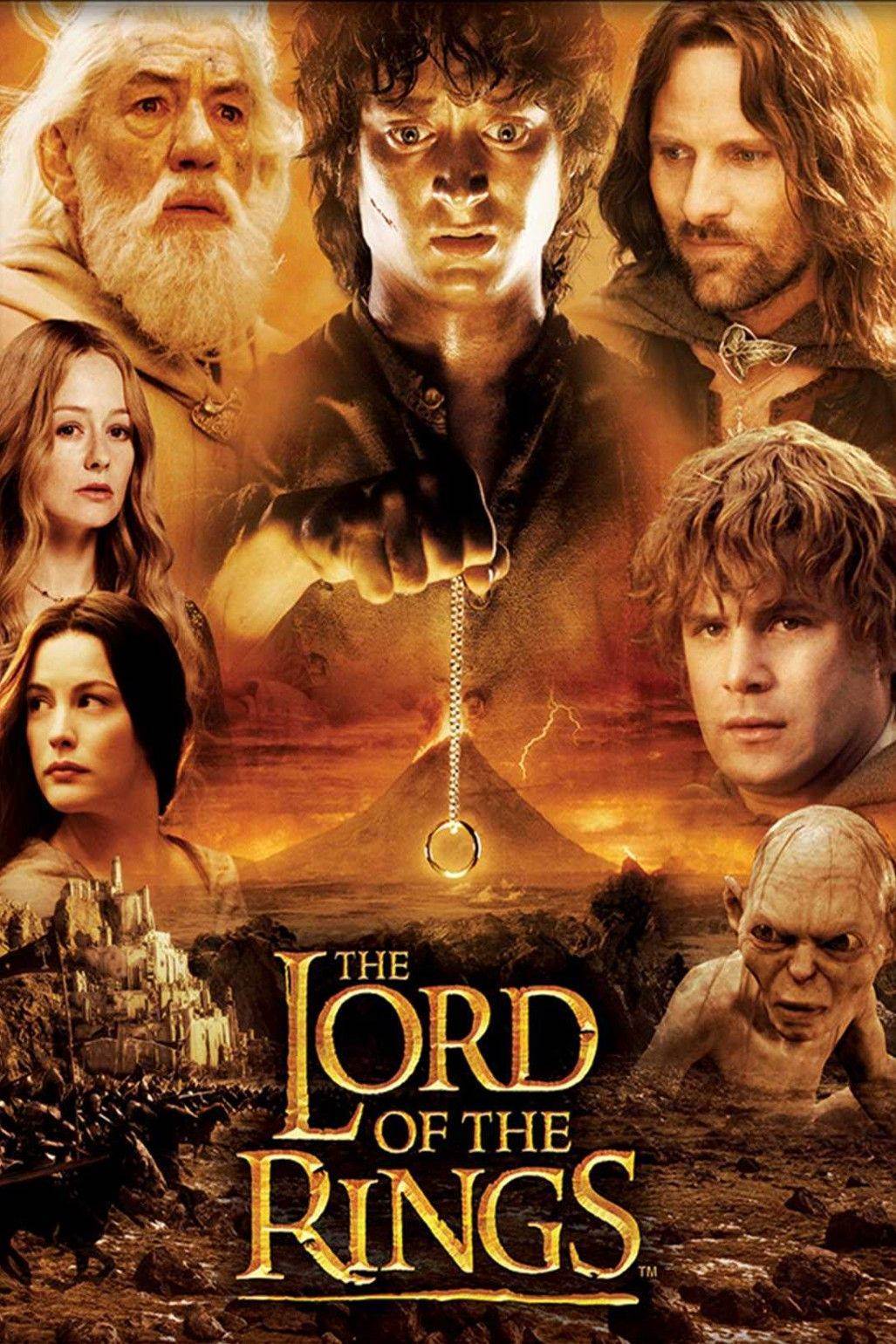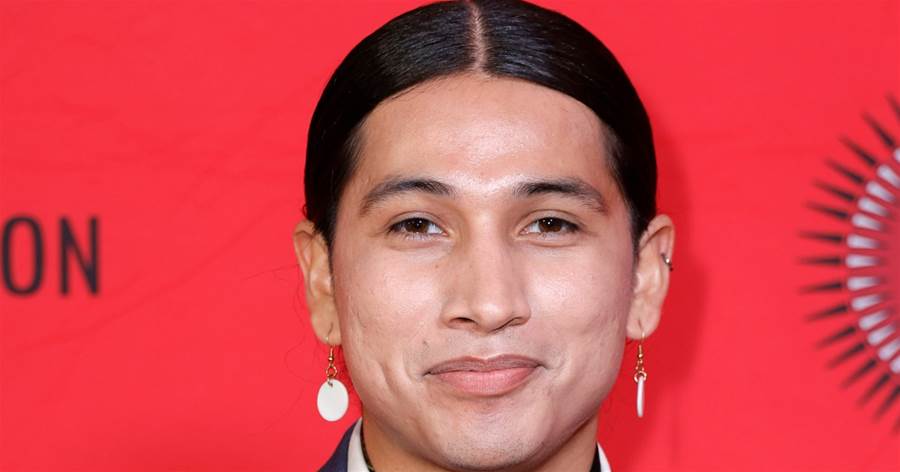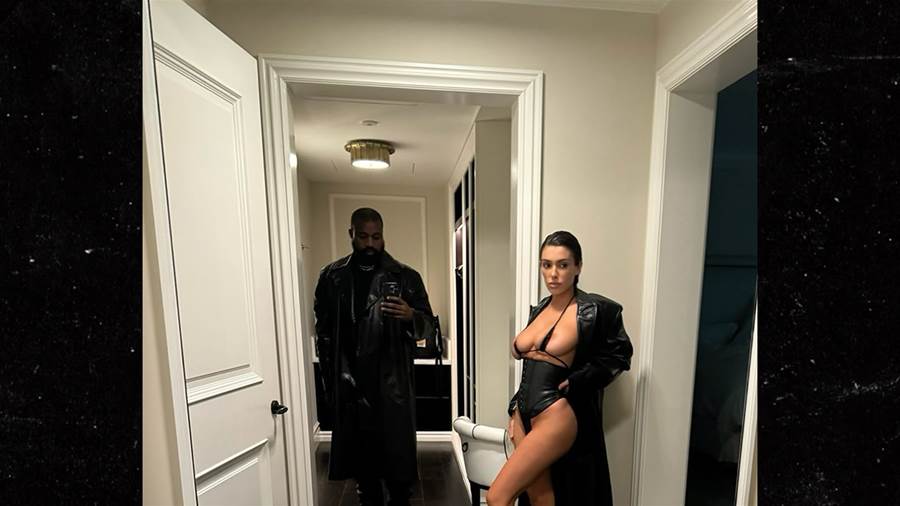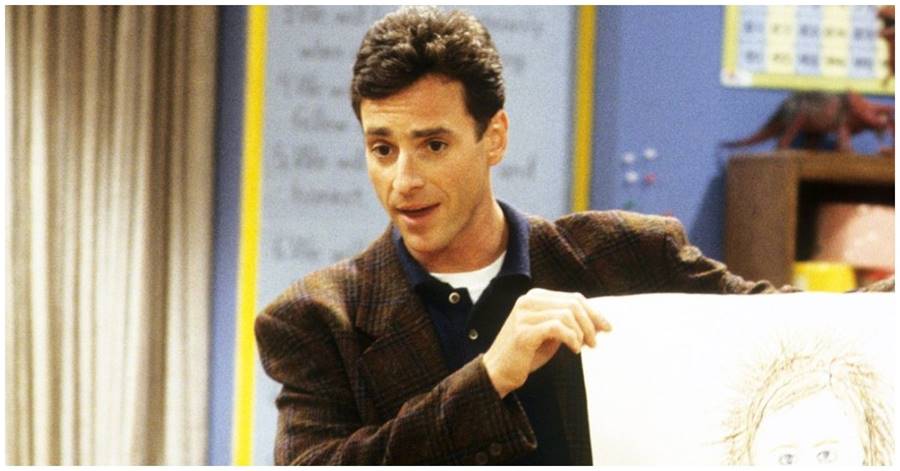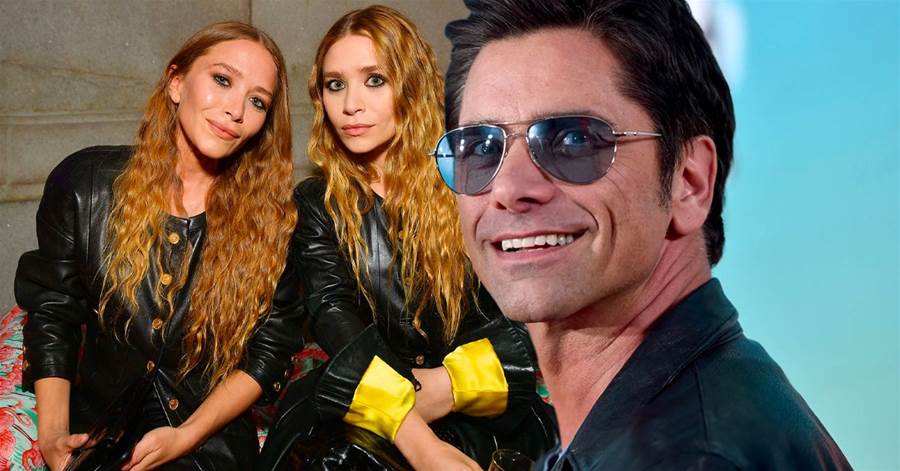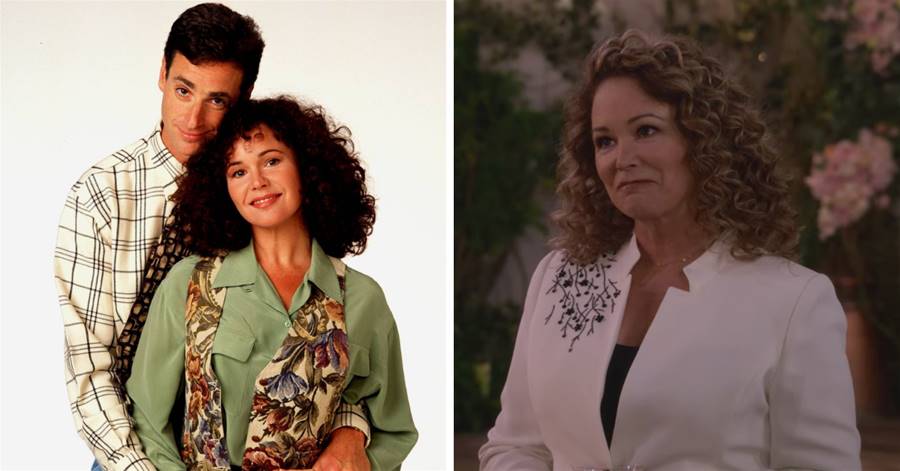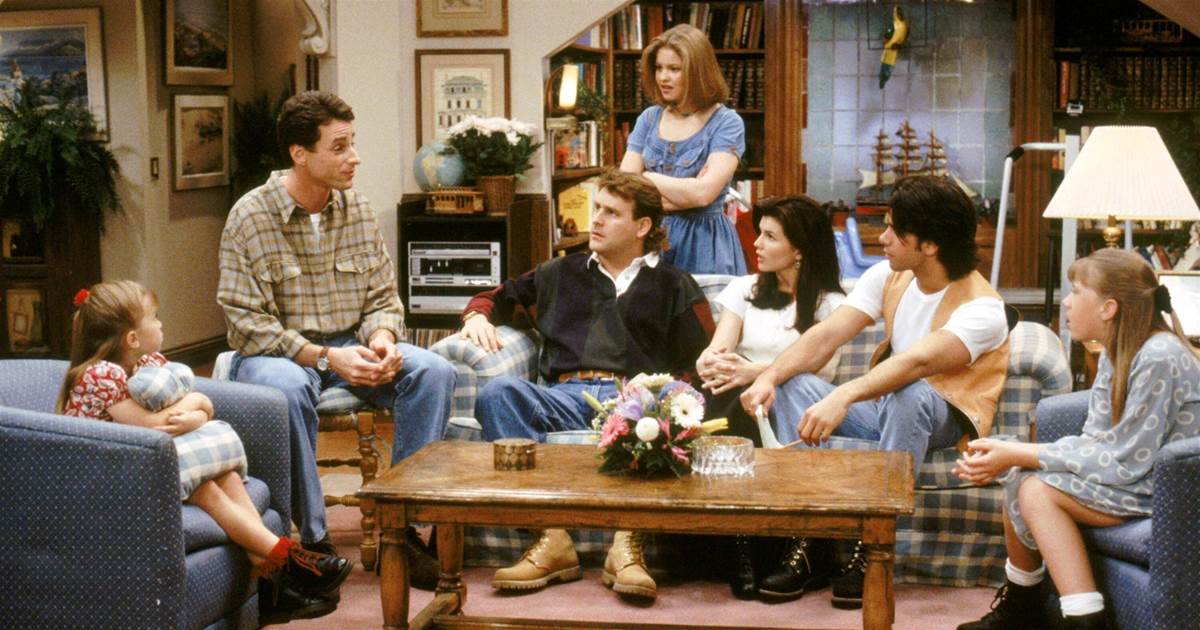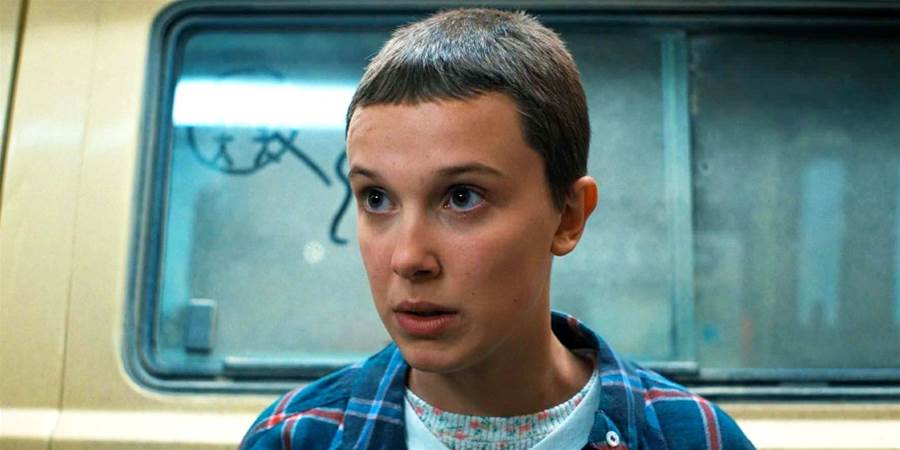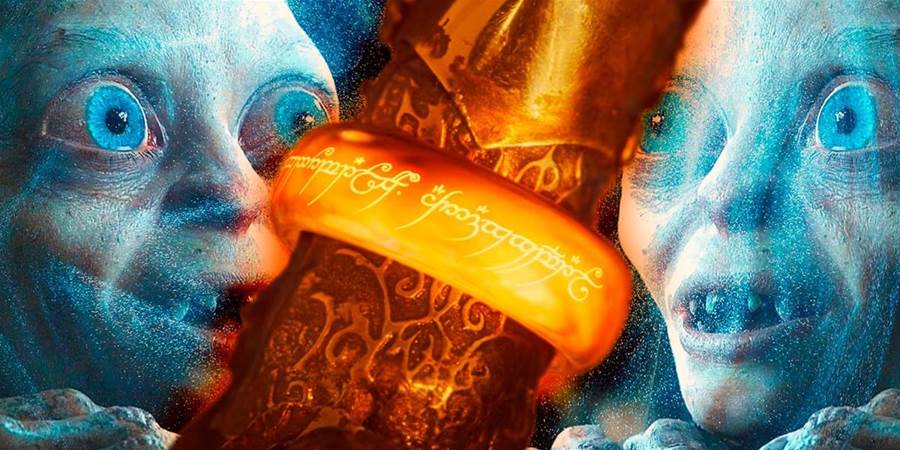
The One Ring changed hands many times throughout the saga. From its forging in the fires of Mount Doom to its eventual destruction in the very place it was created, it leaped from owner to owner as it tried to make its way back to its creator's control.
Throughout the saga, Each of them was influenced by it in different ways, leading to varying impacts on their psyche once they no longer had control of it. They all impacted the future of Middle-earth in unique ways, and deserve to be celebrated (or condemned, in some cases) for their role in the world's development.
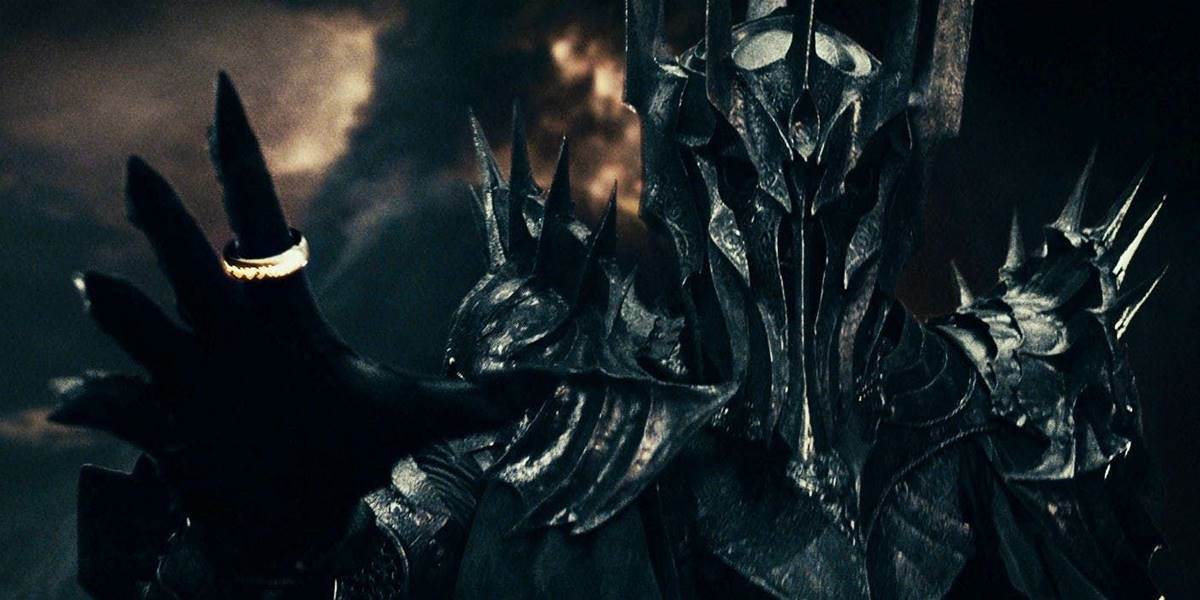
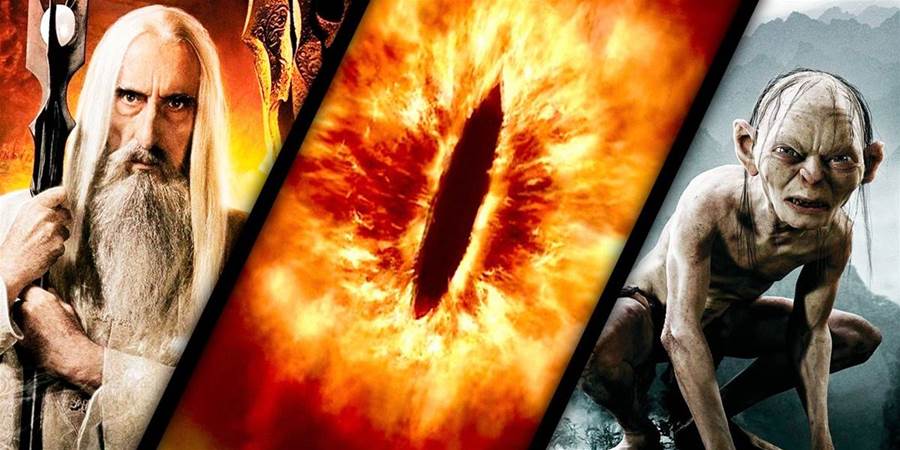
Middle-earth's first Ring-bearer was also its most dangerous. Its creation was his return to power after he was defeated and forced to hide from the rest of the world. He presented the other Rings of Power to the lords of each of the other races. When his ill-intended presents corrupted those who held them, he grew even closer to taking over Middle-earth. Though he nearly fell again during the War of the Last Alliance, it was the piece of him tethered to the Ring that allowed him to survive.
While one survived, the other always would.
Because he's the only one who knows how to properly use it, Sauron could exercise powers that the other Ring-bearers would never even have been able to dream of. It consistently worked to return to its hand. Had he been able to get ahold of the Ring again, he would have been unstoppable, and Middle-earth would have fallen to evil. He was by far the most powerful of the Ring-bearers, and it's only due to his desire to use it solely for evil means that he's not ranked higher.
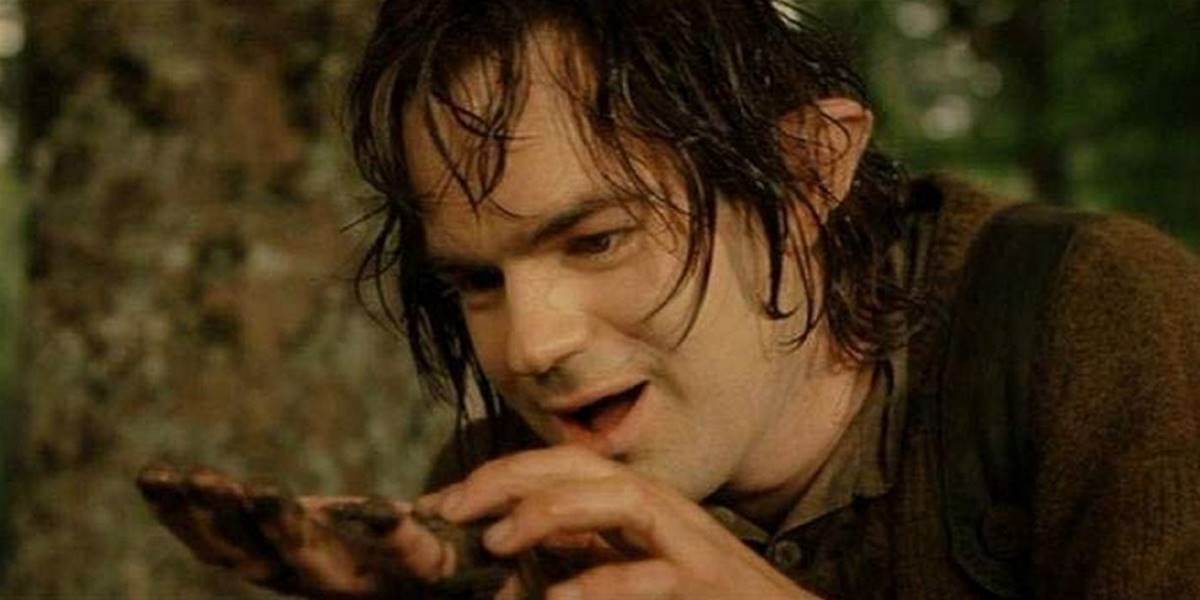
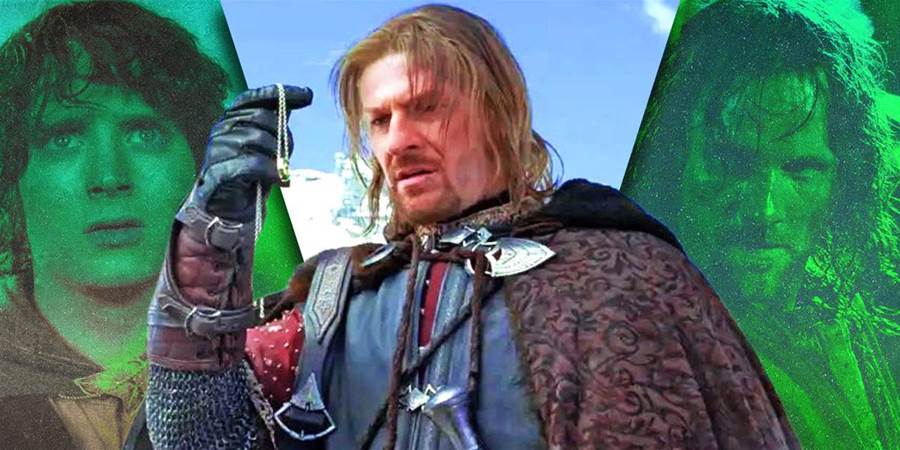
. He and Smeagol were best friends before the Ring ever came to either of them, and it tore their friendship apart as soon as it appeared. When a massive fish pulled him underwater, he unearthed the Ring from the riverbed. When he refused to give it to Smeagol, who insisted that it would be a perfect birthday gift, his friend turned on him and killed him.
Though Deagol held the One Ring for no longer than a few minutes, it already started to influence his behavior. Its grasp on his mind is easily demonstrated by his startling unwillingness to turn it over to a friend whom he adored greatly.
He was dreadfully susceptible to its enchanting effects, and likely would have ended up in a similar boat as Gollum had he managed to hold onto it for longer than an instant. Ultimately, he was little more than a casualty in a greater story. For that reason, he's the least significant of the eight Ring-bearers.
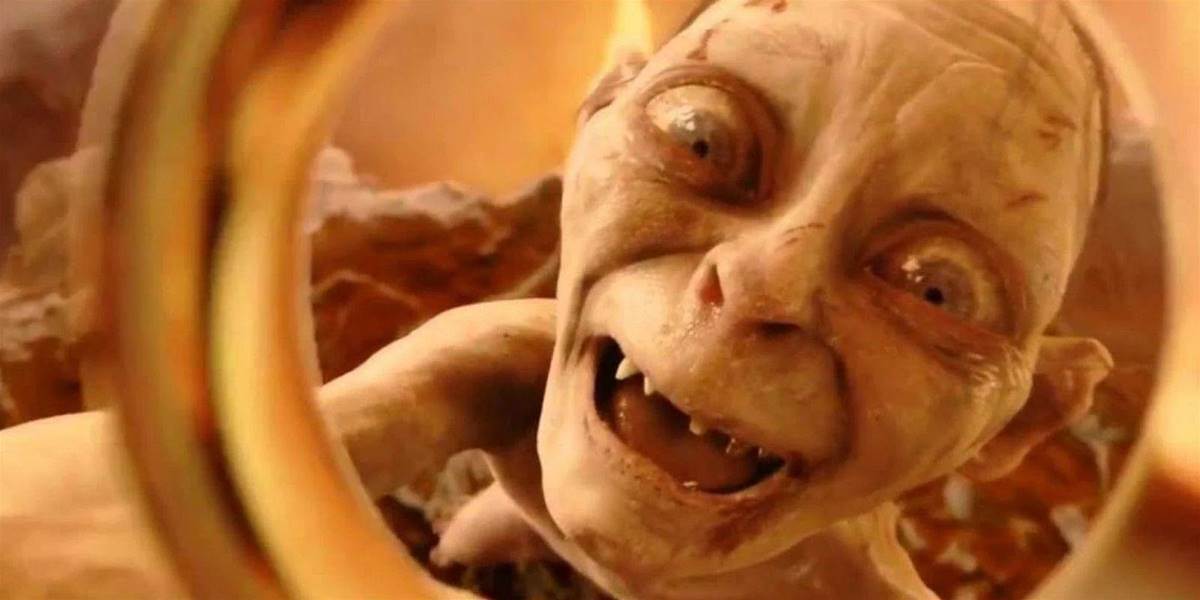
Like his cousin Deagol, . Its tempting charms wrapped themselves around his mind, and he was powerless to resist its call.
Though it, by all rights, should have belonged to his cousin, who discovered it in the first place, he insisted that it be given to him as a birthday present. When Deagol refused, he strangled him. Afraid of what he'd done and equally afraid of losing the Ring, Smeagol fled to the Misty Mountains, where the Ring tightened its hold on him.
Smeagol slowly came back to himself during the events of the original trilogy. Because Frodo treated him so well and took pity on him (as their stories had the potential to reflect each other), he began to show signs of his humanity again. He even confronts his darker persona in
and demands that Gollum leave Smeagol alone, never to return. He wanted so desperately to be good again. However, his desire to take the Ring back for himself overpowered any signs of overwhelming goodness left within him, and Smeagol was eventually permanently lost to Gollum - thus suggesting that he could not have resisted the Ring's power no matter how hard he tried.
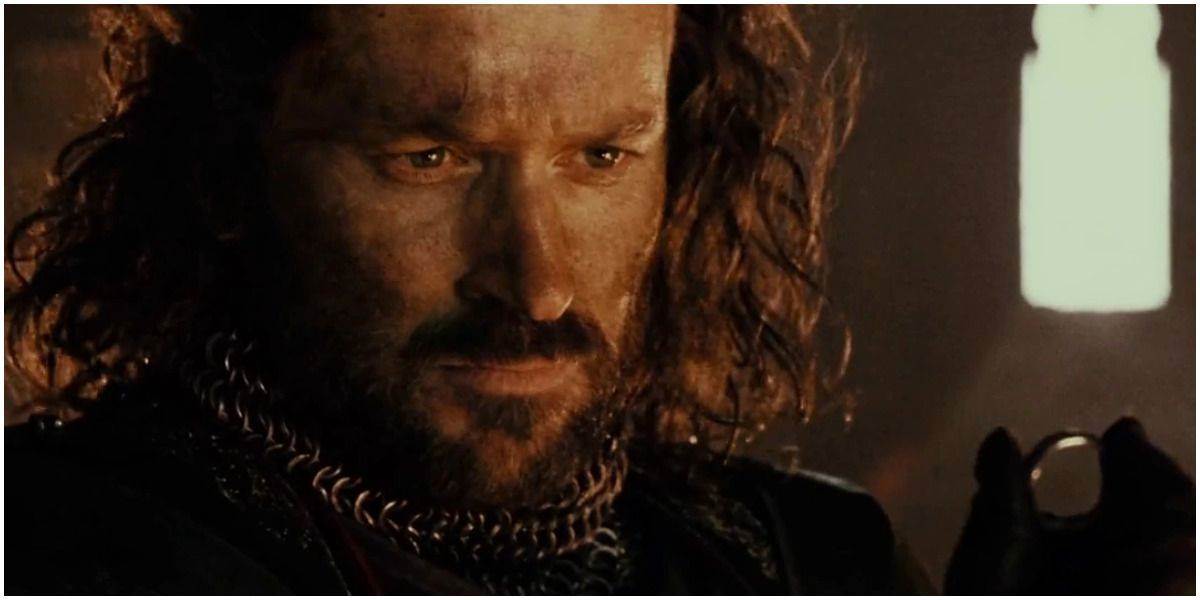
when he cut it from Sauron's finger personally during the War of the Last Alliance.
After this, Elrond seized his chance to destroy evil in Middle-earth once and for all and took him to the Cracks of Doom as the battle crashed to its end. He instructed him to throw the Ring into the fire, which would save Middle-earth from the chance of Sauron rising from the ashes.
However, like Deagol, Isildur was already entranced by the Ring's fatal charms. He refused to destroy the Ring and kept it for himself - which can be chalked up to the power it exercised over his mind from the first time he picked it up. Already, it was proving to be his ruin. The Ring, sensing that its original master had the chance to return to power, would stop at nothing to return to his hand - and it did not care what or who it took down in the process.
Though Gollum is technically the same as Smeagol, the two have different enough personalities that they can be considered individuals in their own right. Over the five hundred years that he first held the Ring, he . He learned to loathe the sun and the moon above all else, as their light was foreign and harsh on his unaccustomed skin. His love for the Ring was far stronger than any other feeling he'd ever known, and it drove him to isolate himself for years. When he joined Sam and Frodo on their trip to Mount Doom, he worked incessantly to sabotage their efforts at destroying the Ring, as the only thing he could think about was how desperately he wanted it back in his hands.
He lost his life in the fires of Mount Doom alongside the thing he longed for most.
Where Smeagol wanted to at least show kindness to those who showed it to him, Gollum could love nothing other than the Ring itself. The Ring corrupted him perhaps more than it did anybody else. Gandalf stated once that Gollum's fate had become inextricably linked to that of the One Ring. It wasn't a lie. Where the Ring went, he would follow, and it was that way until their simultaneous destruction. It was all he knew. Gollum's one of the most piteous figures in Middle-earth, and garners audiences' sympathy even if he doesn't gain their affection.
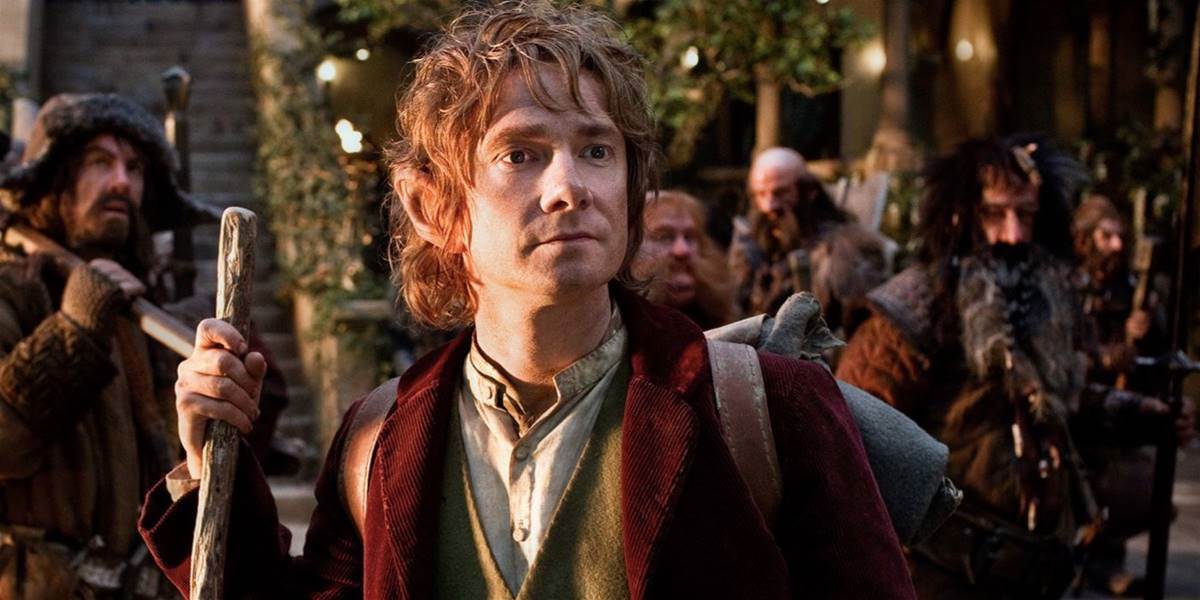
Gollum's first holding of the One Ring was interrupted by Bilbo Baggins, perhaps the most unlikely of the eight Ring-bearers. He stumbled upon the Ring by accident when he encountered Gollum for the first time. In a twist of fate (or perhaps an event specifically engineered by the item itself to help it get closer to its first master again), Bilbo picked it up when he wandered into Gollum's domain. He managed to escape with it by tricking its former owner in a game of riddles, then putting it on so he would disappear and not have to face Gollum's wrath at losing his "precious.
" From that point forward, he kept it secret.
For the most part, the Ring was unable to exercise any real influence over him. . When he attempted to pass it off, he panicked and nearly refused to give it up - marking the first time he even remotely resembled, say, Gollum or someone of the sort. He overcame this fierce desire to keep it, however, and thus became the first person to ever give the Ring up of their own accord rather than having it taken from them or simply dying.
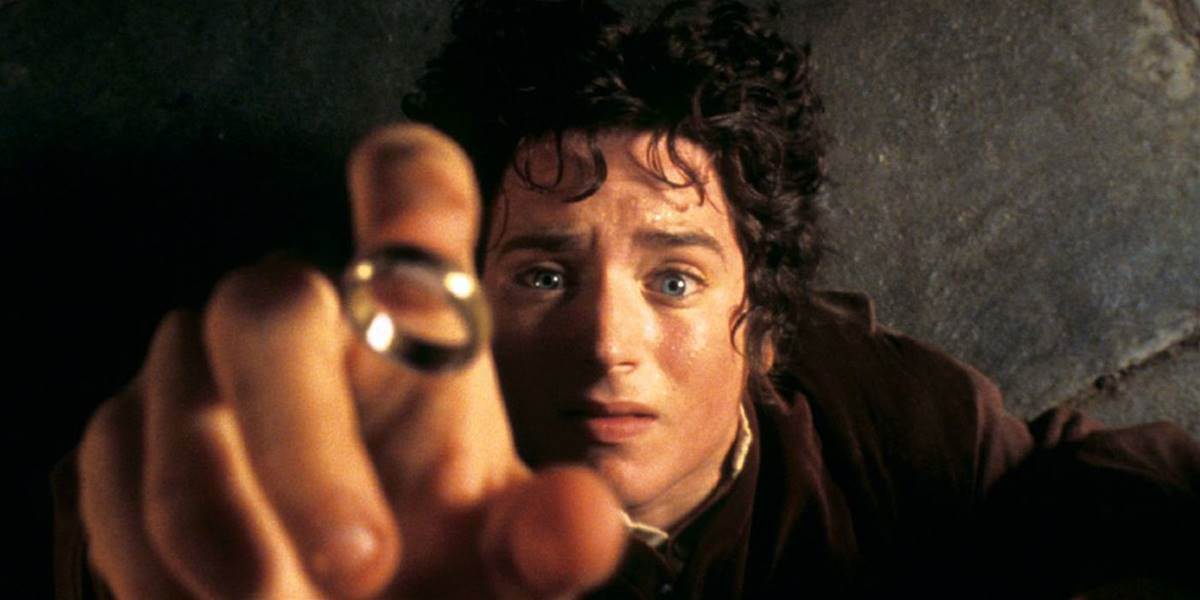
In the greater calculus of Middle-earth, Frodo is perhaps the most important of the Ring-bearers. He was the one to take up arms against its evil influence once and for all. Without his willingness to put his own life on the line, evil would have prevailed in Middle-earth, and the Ring would have found its way back to Sauron's hands. He overcame countless obstacles while wrestling with the grip the Ring had on his mind in the process, and did things that men of far greater stature would have been entirely unable to achieve.
Toward the end of the journey, he began to fall into its clutches. He resisted but
He almost wasn't even able to destroy it. It was only because Gollum bit his finger off that the Ring met its end. Had there not been one person who fully resisted the power of the Ring, Frodo would have been the greatest of the Ring-bearers. However, one figure is stronger than him.
Though he only held the Ring for a few days at most, Samwise Gamgee is the strongest and most impressive of the eight bearers of the One Ring. When Frodo was attacked by Shelob, he had to take up the Ring to prevent it from falling into the wrong hands and was willing to complete the mission on his own if the moment called for it.
He never managed to fall into its treacherous traps, though it showed him images of the beautiful domestic life he craved and that the Ring could provide for him if he kept it. He was the only Ring-bearer to surrender the Ring happily, as even Bilbo nearly didn't hand it over.
and he was right. He's the epitome of the good in the world that he famously says is worth fighting for and is the kind of figure the rest of Middle-earth celebrates and aspires to emulate. Samwise Gamgee is the strongest and greatest of the eight Ring-bearers because of his humility and ability to resist temptation and should be regarded as such.
